【新唐人2011年4月30日訊】為期兩天的美中人權對話落幕了,美方認為這次會談的成果微弱,外界質疑美中閉門人權對話前景黯淡。不過,美方表示,計劃在下個月華盛頓召開的「美中戰略經濟對話」上,再次提出人權問題。請看報導。
美中人權對話28號在北京落幕,美方代表波斯納28號傍晚向媒體表示,在對話中已提出,中國人權狀況有退無進,包括滕彪、陳光誠、高智晟多名中國維權人士被關押,艾未未還下落不明,但中方並沒有給予滿意的答復。
《美國之音》報導,數個西方國家與中國進行的類似年度對話,成為一個“具有諷刺意味的機制”,也就是允許最高領導人在一年剩下的時間裏可以“避談”人權。報導說,“年度對話”就像是讓中國領導人,把所有的“毒藥”打包成一個叫“人權”的盒子,這樣其他人未經允許誰也不能觸碰。
美國《紐約時報》認為,美、中人權對話前景“黯淡”,美國和西方國家應該在這一問題上尋找新途徑施壓中國。
而波斯納在記者會上也表示,下個月在華盛頓舉行的“美中戰略與經濟對話”中,仍會談及人權問題。
中國問題專家伍凡認為,閉門的“美中人權對話”已經談了16次,但沒有實質意義。他說:“和中共單獨私下談人權是沒有用的。”,“一個是苦苦要求,另一個是裝模作樣,根本不理。”而“中共其實現在也是最虛弱的時候,所以才會害怕釋放異議人士,比如放了高智晟表明它自己承認鎮壓法輪功是錯誤的﹔而逮捕艾未未,是懼怕中國的茉莉花革命。” 伍凡表示:“只有中共解體,才能解決中國的人權問題。”
對於這次會談是否能影響中共,改變官方打壓國內異議、維權人士的做法,中國大陸的觀察人士普遍表示不樂觀。
鄧太清(山西太原維權人士):“中國共產黨目前是不可能有任何改善,在人權問題上實質性改善。包括最近國內一些人士不斷失蹤、不斷的被看守,這就說明中國人權的狀況還是實質性的惡化。而且完全不講法律程序,完全是'我是流氓我怕誰''我是流氓我就這麼做'。像我這兒每一個禮拜六、禮拜天堵住我家門口不讓我出門。”
“國際特赦”亞太地區主任扎裡費(Sam Zarifi)對《美國之音》表示,美國人實現承諾,就是不僅僅在人權對話中提人權,而是把它也放在下個月即將舉行的「戰略與經濟對話」的框架中提出來。
另外,有關美國考慮“收緊”中方官員及其家屬赴美簽證,以「報復」中國人權惡劣的傳言,鄧太清向《自由亞洲電臺》表示,美方如果真的能以中共官員切身的利益施壓中共,對改善中國人權或許有利,但也取決於美國政府對它國家利益的考量。
新唐人記者唐睿、吳慧真綜合報導。
A Bleak Sino-US Human Rights Dialogue
The two-day Sino-US human rights dialogue ended.
The United States believes that the talk produces very
little result. Outsiders suspect the future is bleak for
this kind of dialogue. However, the U. S. said
that it plans to bring rights issue up next month
during the “Sino-US strategic economic dialogue.”
The human rights dialogue ended in Beijing on April 28.
The U.S. representative Posner told the media
that China failed to give a satisfactory answer to
its lack of progress and the arrests of many rights
lawyers, including Teng Biao,Chen Guangcheng,
Gao Zhisheng and Ai Weiwei』s whereabouts.
“Voice of America” reported: A few Western countries
conducted similar annual dialogues with China and
then top leaders can avoid talking about human rights
the rest of year. Such a dialogue allows leaders
in China to put all the “bad stuff” into a “human rights”
package so others cannot touch it without permission.
"The New York Times" stated that the future of
Sino-US human rights dialogue is bleak;
the United States and Western countries need to look
for a new way to pressure China.
Posner also told the press that the human rights issue
will be brought up in Washington next month,
during the "Sino-US Strategic Economic Dialogue".
China expert Wu Fan believes that there has been
16 rounds of behind-closed-doors Sino-US dialogue,
so far it has no real meanings.
Chinese regime is in its weakest point,
it is fearful of letting go dissidents.
Releasing Gao Zhisheng means Falun Gong』s suppression
being wrong; arresting Ai Weiwei indicates its fear
of a Jasmine Revolution that will take place in China.
Wu Fan said: “Human rights in China can only be
resolved by the collapse of the Chinese regime.
China observers are not optimistic about the effect
of the dialogue: Will it affect the ways the dissidents
being treated by the Chinese authorities?
Shanxi-based activist Deng Taiqing: “Currently
it is not possible for the Chinese Communist Party(CCP)
to make substantial improvements in human rights.
Many dissidents continue to disappear
or being detained.
This means human rights in China is deteriorating--
we do not observe proper procedures; we are rogues
and fear of no one. Just look at me, they block me
from going out every Saturday and Sunday.”
Sam Zarifi, the director of Amnesty International
in Asia told “Voice of America” that if Americans
want to keep their promise, they should bring this up
not only in the human rights dialogue
but also in the "Strategic economic dialogue ".
In addition, the United States wants to tighten up
visa issued to Chinese officials and their families
to "retaliate" poor record of human rights in China.
Deng told “Radio Free Asia” that it probably helps
to improve human rights if Chinese official's own
interests are affected. But the U.S. government
must take other nation』s interests into consideration.
NTD reporters Tang Rui and Wu Huizhen
看下一集

【禁聞】“重慶模式”返文革 民間批毛呼聲高

【禁聞】討論:中國是哪一類專制國家?

【禁聞】轉基因食品 專家:亡國滅種

【禁聞】“集結號”吹響 上海訪民闖北京

【禁聞】“集結號”吹響 上海訪民闖北京

【禁言博客】永不消逝的聲音
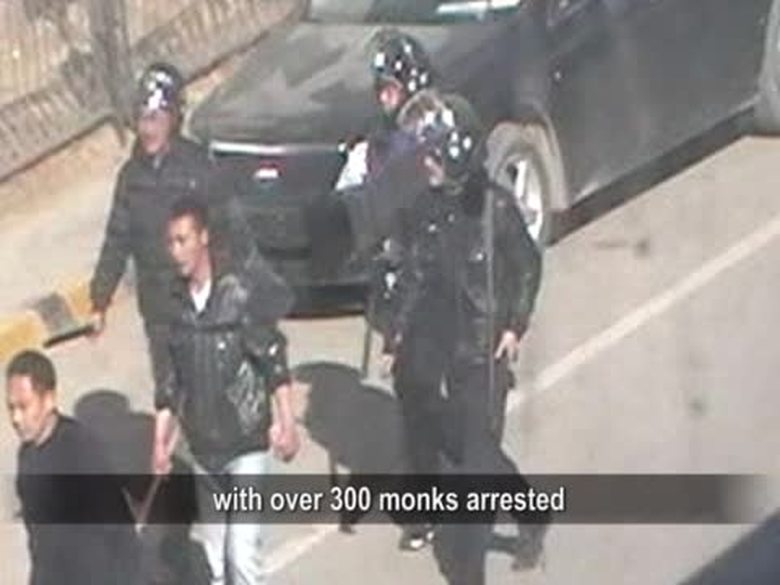
【禁聞】「拯救格爾登寺 拯救西藏」
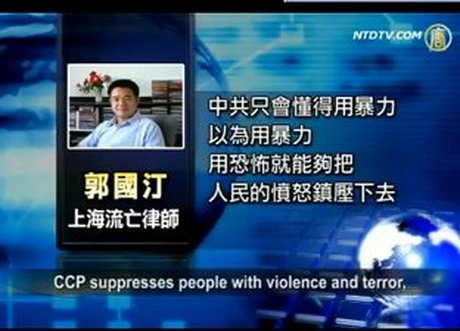
【禁聞】官媒談包容 警察忙抓人
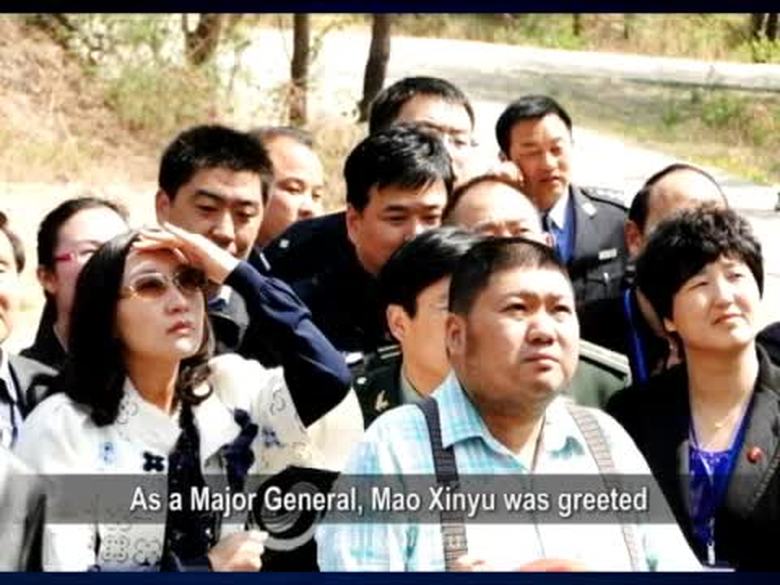
【禁聞】毛新宇梁山尋祖蹟 爺爺出身土匪?
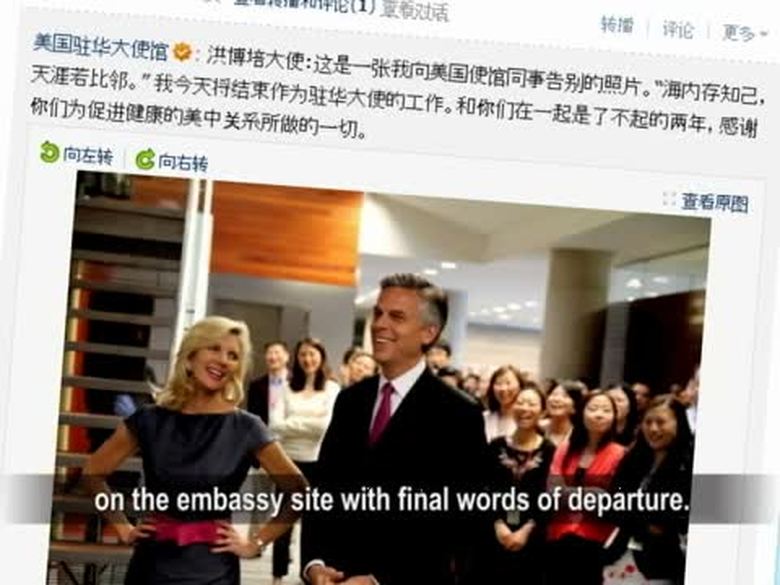
【禁聞】「後會有期」美駐華大使離職
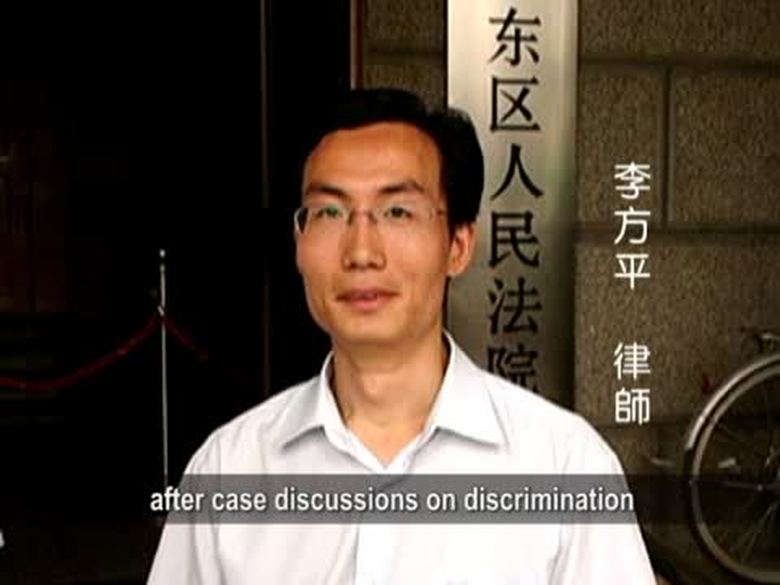
【禁聞】中國維權律師輪流被失蹤 國際關注
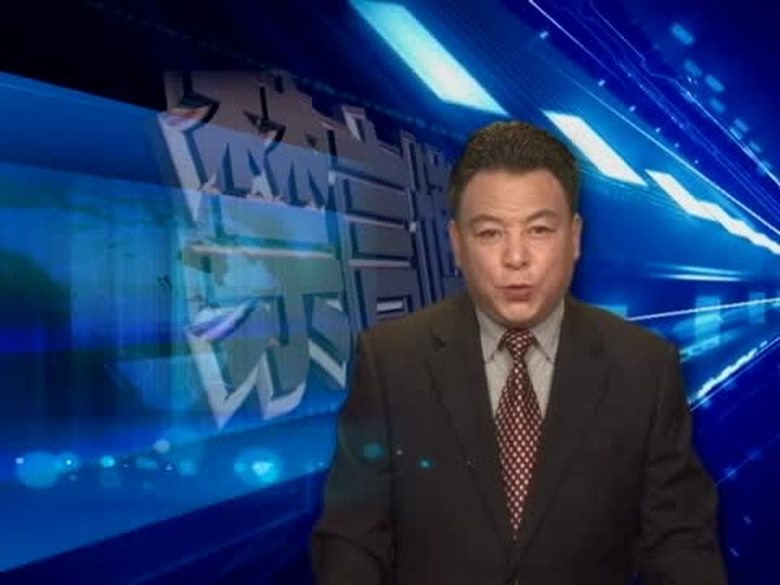
【禁言博客】黔驢技窮-央視報導三板斧

【禁聞】武鋼職工醫院成當局私監獄?
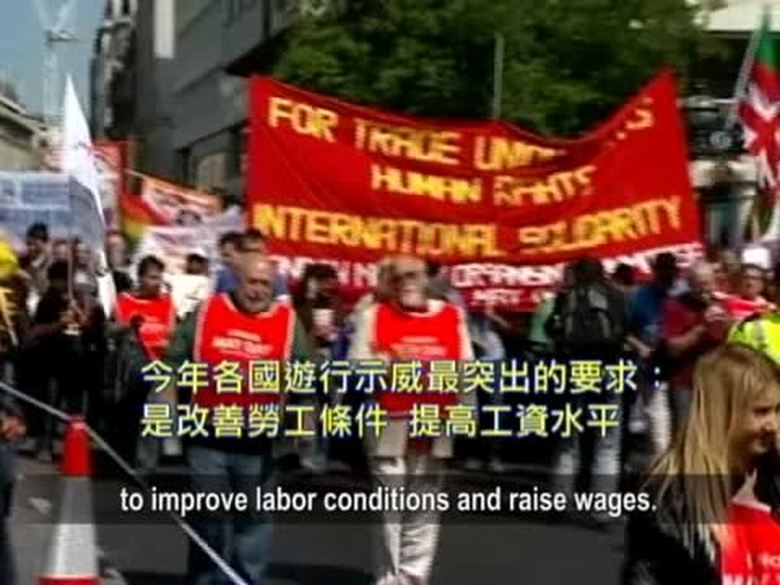
【禁聞】中國式“五一”維權 「動口不動手」
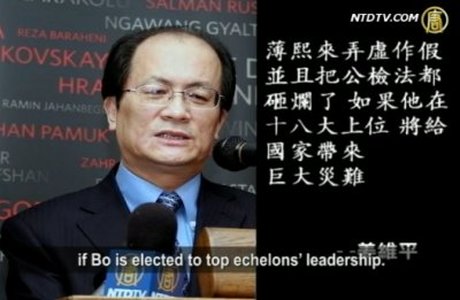
【禁聞】薄熙來上位中國有甚麼災難?
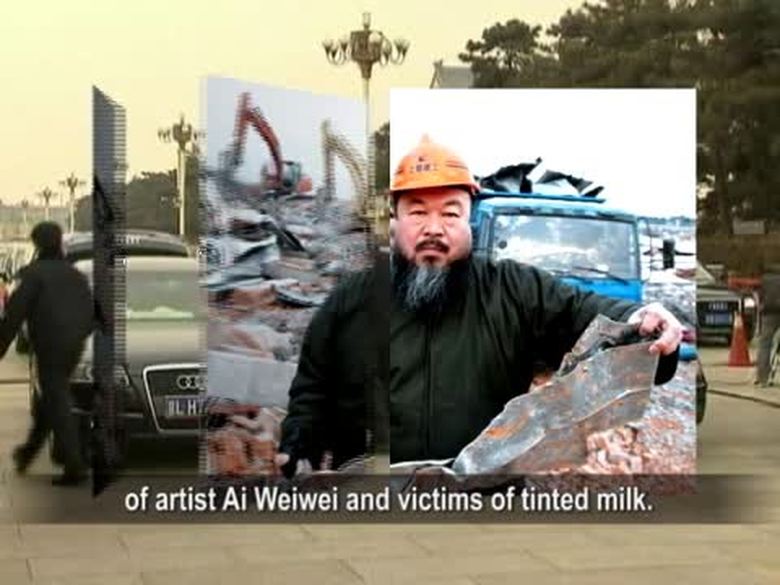
【禁聞】世界新聞自由日 中國記者處境堪慮








